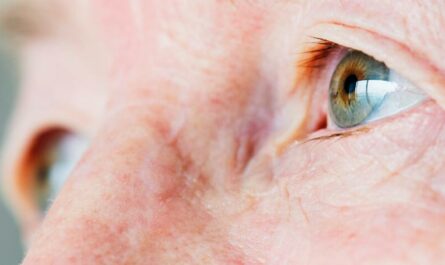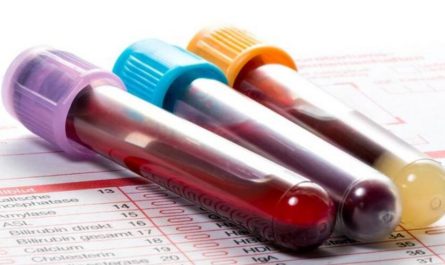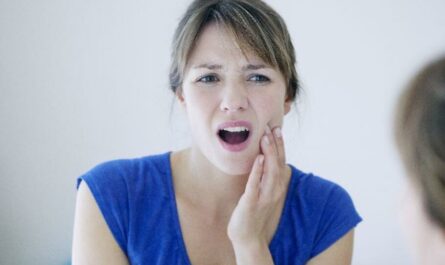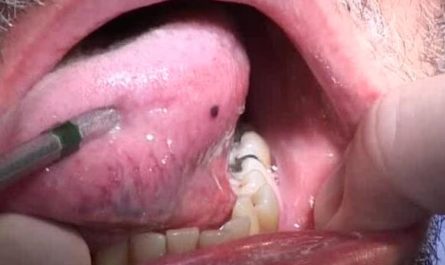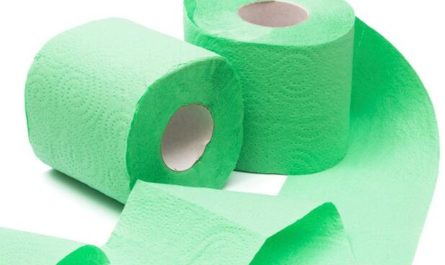Night sweats in men are a common and uncomfortable problem that can be concerning and disruptive. They can appear as drenching night sweats or may simply be an increase in body temperature that causes sweating.
This condition can be caused by various medical conditions, including infections, hormonal imbalances, and certain medications. Sometimes, there may be no underlying cause, and the night sweats may result from lifestyle factors, such as alcohol or caffeine consumption.
Fortunately, several treatments are available to help reduce the occurrence and intensity of night sweats in men. This article will discuss the causes and treatments for night sweats in men, as well as how to prevent them from occurring in the future.
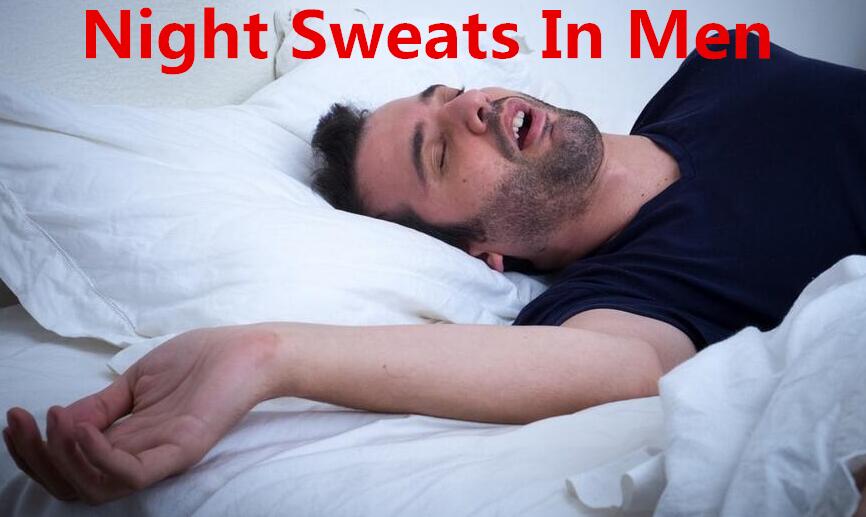
Symptoms of Night Sweats In Men
1. Excessive Sweating – Night sweats in men can cause excessive sweating during the night. This can include waking up with a drenched bed and clothing, as well as feeling hot and clammy.
2. Chills – Experiencing chills is a common symptom of night sweats in men. This can include feeling cold and shivering even when the room is warm.
3. Fever – Night sweats in men can also accompany fever. This can cause a rise in body temperature during the night, making it difficult to sleep.
4. Headache – Night sweats in men can also cause headaches or migraines. This could be due to the release of certain hormones that can cause headaches.
5. Fatigue – Waking up in the middle of the night due to night sweats can cause fatigue. This can make it difficult to stay awake during the day.
6. Anxiety – Night sweats in men can also cause anxiety. This could be due to the fear of not being able to sleep or the fear of having to wake up again.
7. Palpitations – Experiencing palpitations or a racing heart can also be a symptom of night sweats in men. This can be due to the body’s response to the sudden temperature change.
8. Appetite Changes – Night sweats in men can also cause changes in appetite. This can include feeling full even when you have not eaten or are hungry after eating.
9. Irritability – Experiencing night sweats can also cause irritability. This can include feeling easily frustrated or having a short temper.
10. Difficulty Concentrating – Night sweats in men can also cause difficulty concentrating. This can make it difficult to focus on tasks or to remember things.
Common Causes of Night Sweats In Men
Some health issues that can also cause night sweats in men include.
1. Hormone Disorders
Hyperthyroidism, carcinoid syndrome, and pheochromocytoma are the primary hormone conditions closely associated with night sweats.
The hypothalamus, the part of the brain responsible for body temperature regulation and releasing and inhibiting hormones, may have trouble regulating temperature due to hormonal imbalances leading to night sweats. This may be corrected by hormone replacement therapy.
2. Medications
Particular drugs have often been associated with night sweats. Antidepressants (selective serotonin reuptake inhibitors) and fever-lowering medicines such as acetaminophen and aspirin may cause sweating ironically.
Talk to your doctor about adjusting your medication if you experience night sweats after starting a new medicine or having night sweats for more than a week. Other common drugs that lead to night sweats are steroids, diabetes medications, phenothiazine, and hormone therapy.
3. Serious Infections
Most infections cause fever, which in turn results in night sweats. Human Immunodeficiency Virus (HIV) and bacterial infections such as tuberculosis are major infections wherewith night sweats as one of the main symptoms.
Other bacterial infections like osteomyelitis (inflammation of the bones) and endocarditis (inflammation of the heart valves) may also cause night sweats. These infections also tend to have noticeable symptoms such as body pain, weight loss, aching muscles or joints, fatigue or general weakness, lack of appetite, chills, and fever.
4. Anxiety and Stress
Sweating can be caused by stress and emotional problems. When dealing with stress and anxiety, you will likely experience increased sweating. You tend to sweat more day and night when worrying about something.
Although people experience anxiety and stress differently, they may have more emotional symptoms than physical symptoms and vice versa. Here are other signs you may encounter under severe stress and anxiety: difficulty sleeping, fear, rapid heart rate, tension, worry, aches or pains, and rapid breathing.
5. Hyperhidrosis
Commonly, sweating occurs in response to warm temperatures, nervousness, fear, and activity. Still, at other times, the nerves responsible for activating your sweat glands tend to send signals even when sweating is not needed.
This causes excessive sweating across your entire body or maybe in particular body areas, and it’s known as hyperhidrosis disorder, whereas idiopathic hyperhidrosis is extreme sweating without clear medical reasons. Stress, caffeine, spicy foods, and diet are all associated with causing night sweats in men.
Secondary hyperhidrosis usually has underlying causes such as medical conditions or maybe medication-induced. If you suffer from hyperhidrosis, you sweat through your clothing, notice the sweat on your palms, feet, underarms, or face, work on both sides of your body, sweat at night, and sweat in one or more areas.
6. Low Testosterone
You might experience night sweats if your levels of testosterone are low. As you age, your body produces less testosterone naturally, but other factors like medications, injury, substance misuse, and health conditions may also decrease the amount of testosterone produced.
Muscle weakness, reduction in bone mass, fatigue, trouble focusing or remembering things, less interest in sex, and mood changes are other symptoms associated with low testosterone.
7. Apnea
In men, night sweats sometimes is an indicator of sleep apnea condition. A person tends to stop breathing when you are sleeping if you suffer from this condition. It can happen several nights, and you may be unaware anything happened if you sleep alone or separately with your partner.
As your body is not getting enough oxygen, it slips into the ‘fight or flight mode, which triggers sweating, and it is frequent in men, with about 25% of men having this condition.
Sleep apnea develops when a stroke or other health condition affects the central nervous system’s ability to function correctly or when tissue in your throat blocks your airway (obstructive sleep apnea).
8. Changes In Temperature
Night sweats in other men occur from the regular body temperature changes in their sleep cycle. Before we wake up, the body’s core temperatures tend to rise and decrease at night before we sleep. Excessive bedding, memory foam mattresses, and hot bedrooms can contribute to normal sweating.
9. Cancer
Night sweats tend to be early symptoms of some cancers. One of the significant types of cancer associated with night sweats is lymphoma. Lymphoma starts in parts of your body’s immune system, such as the bone marrow, spleen, lymph nodes, and thymus.
Individuals with Hodgkin’s lymphoma experience night sweats and low fevers, and also they may be itchy, tired, and after drinking alcohol, feel pain where the tumor is. On the other hand, individuals with advanced or aggressive non-Hodgkin’s lymphoma can also experience drenching night sweats.
Night sweats may also be caused by leukemia. However, individuals who have undiagnosed cancers have other signs and symptoms, such as fevers and unexplained weight loss.
10. Hypoglycemia
Low blood sugar or hypoglycemia can cause sweating; individuals under blood sugar-lowering medications such as oral antidiabetics and insulin may experience night sweats.
11. Gastroesophageal Reflux Disease (GERD)
GERD is connected with night sweats when the muscles that keep the esophagus closed don’t function properly. This causes acid in the stomach to rise into your esophagus resulting in the burning feeling commonly known as heartburn.
You may have GERD if this happens more than once a week and during the day and night. GERD symptoms include heartburn, trouble swallowing, chest pains, regurgitation, respiratory issues, asthma symptoms, cough, and difficulty sleeping.
12. Neurological Disorders
Neurologic conditions involve the nervous system- the spinal cord, the nerves, and the brain. Some neurological disorders are night sweats, such as stroke, autonomic dysreflexia, syringomyelia, and autonomic neuropathy.
Indications of neurological conditions tend to vary widely with night sweats alone but immediately seek medical assistance if you notice the following:
- Having one-sided blurry vision
- Cannot speak or cannot talk without slurring
- Have an extremity paralysis
- Have severe head pain
- Having droopiness in the lower part of your face on one side
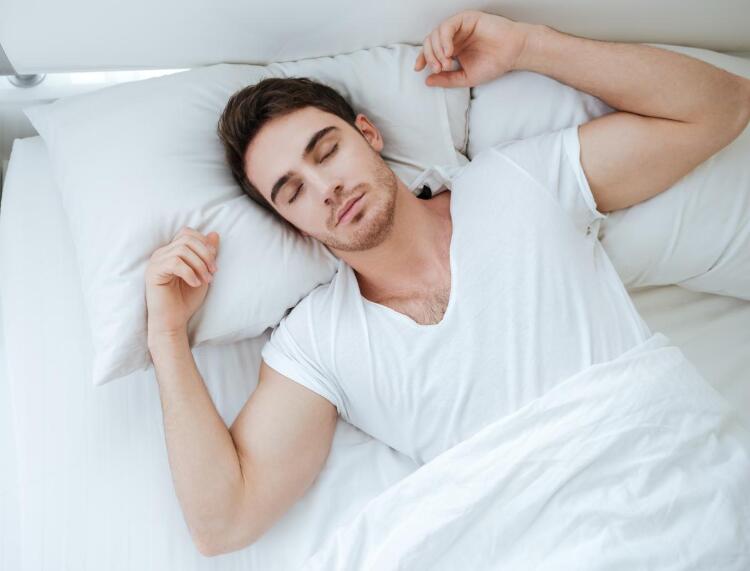
Treatment For Night Sweats In Men
1. Antidepressant Medication: Antidepressant medications, such as selective serotonin reuptake inhibitors (SSRIs), can help to reduce night sweats in men. These drugs work by increasing serotonin levels in the brain, which can help to improve mood and reduce symptoms of depression.
2. Hormone Replacement Therapy: Hormone replacement therapy is an effective treatment for night sweats in men. It involves taking hormones to replace those lost due to age or medical conditions. Hormone replacement therapy can help to improve symptoms such as night sweats and help to restore hormone balance.
3. Stress Management: Stress is a major cause of night sweats in men. Stress management techniques, such as relaxation exercises and mindfulness meditation, can help to reduce stress levels and improve sleep quality.
4. Exercise: Regular exercise can help to reduce night sweats in men. Exercise increases endorphins, which can help to reduce stress and improve mood. It can also help to improve sleep quality, which can help to reduce night sweats.
5. Diet: Eating a healthy diet can help to reduce night sweats in men. Eating a balanced diet that includes fruits, vegetables, and whole grains can help to improve overall health and reduce night sweats. Avoiding spicy and processed foods can also help to reduce night sweats.
6. Herbal Remedies: Herbal remedies, such as chamomile tea and lavender oil, can help to reduce night sweats in men. These remedies can help to reduce stress and improve sleep quality, which can help to reduce night sweats.
When To Be Concerned About Male Night Sweats?
- If night sweats happen frequently or persist for over a few weeks
- If night sweats are accompanied by fever, chills, or other symptoms
- If night sweats are accompanied by unexplained weight loss
- If night sweats are accompanied by pain, difficulty breathing, or chest discomfort
- If night sweats are accompanied by fatigue or loss of energy
- If night sweats are accompanied by night terrors or nightmares
- If night sweats are accompanied by anxiety or depression
- If night sweats are accompanied by changes in appetite or sleep patterns


